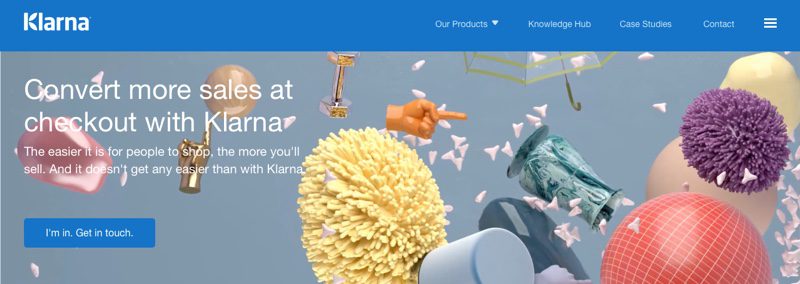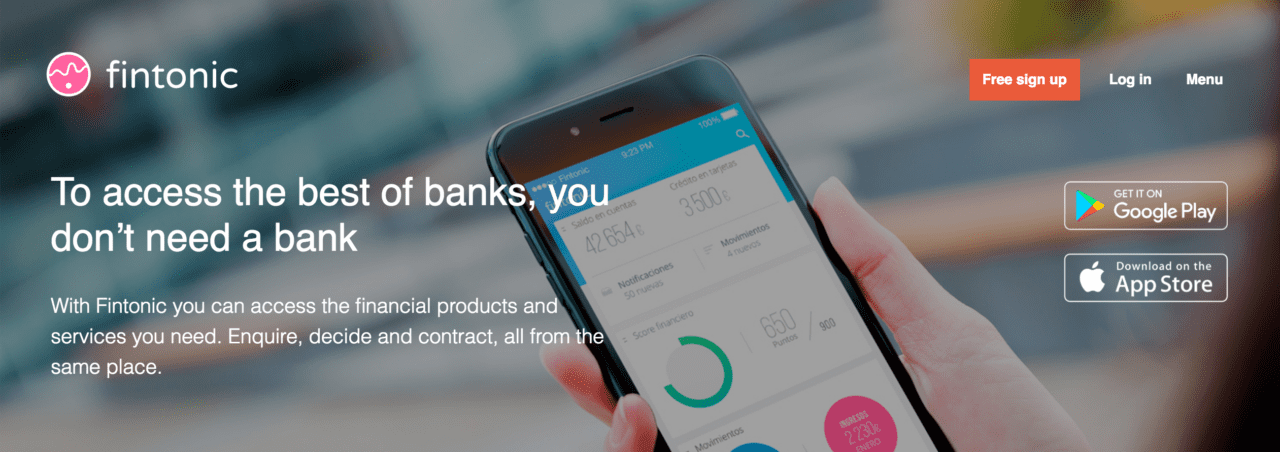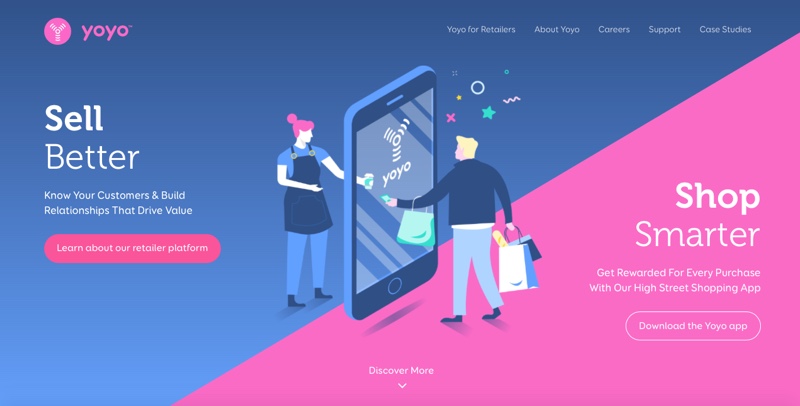The new CX Design for Banking solution from Avoka is geared to help financial institutions remove friction from their digital customer acquisition and onboarding processes. Through a combination of human design experts and analytic tools, CX Design for Banking helps decrease applicant abandonments, increase conversion rates, and make it easier and more engaging for customers to work with your bank or credit union.
“More often than not, banks oriented their application experience around their own internal processes, instead of on what matters most to their customers, often with unintended consequences,” CX Design Practice Director, Adam Miller explained. The solution was for banks to embrace “customer-centric thinking” and to begin with the customer’s initial interactions with the institutions “or risk watching customer loyalty move to the competition,” Miller said.
CX Design for Banking includes Avoka’s Transaction Effort Score methodology which measures how easy a bank’s application process is to complete compared to others in the industry. An Experience Design Workshop provides a “deep dive” into the bank’s specific issues with regard to customer acquisition and onboarding, and is led by an Avoka CX Design Consultant. And with Avoka’s Transact Insights, CX Design for Banking provides experience optimization through additional application analysis and A/B testing, delivering actionable insights for improvement.
Founded in 2002 and headquartered in Denver, Colorado. Avoka demonstrated its Transact Insights technology at FinovateEurope 2017. A multiple, Finovate Best of Show award winner, Avoka won the ATB Financial Customer Onboarding Global Innovation Challenge earlier this month, and began the year hiring former KPMG executive, Matt Lewis, as its new CFO. The company has raised $12 million in funding, and includes Moelis Australia Asset Management and Regal Funds Management among its investors. Philip Copeland is CEO.


 and initiate new trading relationships and foster trade growth.”
and initiate new trading relationships and foster trade growth.”












